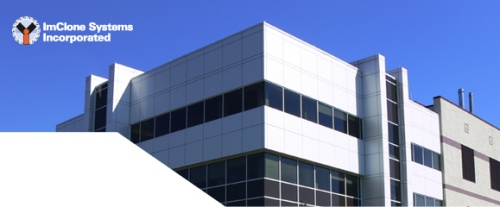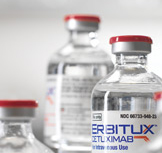The American Society of Clinical Oncology (ASCO) conducted its annual independant review and published it in the December 17 issue of the Journal of Clinical Oncology.
The following are listed as major advances:
- Magnetic resonance imaging for breast cancer screening.
- The role of human papilloma virus in head and neck cancers.
- Decreasing use of hormone replacement therapy linked to declines in breast cancer cases.
- Preventive radiation therapy improves survival and decreases brain metastases in patients with advanced small-cell lung cancer.
- Sorafenib (Nexavar, Onyx/Bayer) improves survival in liver cancer.
- Bevacizumab (Avastin, Genentech/Roche) improves treatment of advanced kidney cancer. The report notes that in recent years, 3 new agents have been approved for kidney cancer — sorafenib, sunitinib (Sutent, Pfizer), and temsirolimus (Torisel, Wyeth) — and future trials will need to compare bevacizumab with these agents and explore combinations.
The following are considered to be “notable” advances:
- Arsenic trioxide (Trisenox, Cell Therapeutics Inc) improves leukemia survival.
- Dasatinib (Sprycel, Bristol-Myers Squibb) active as first-line treatment for chronic myelogenous leukemia.
- Lenalidomide (Revlimid, Celgene Corp) and bortezomib (Velcade, Ortho-Biotech) more effective together for myeloma.
- Hypofractionated radiation (fewer but larger doses) appears to be as effective as standard-dose radiation in early-stage breast cancer.
- Bevacizumab with irinotecan (Camptosar, Pfizer) effective against gliomas.
- Radiotherapy improves survival of elderly patients with glioblastomas.
- Cetuximab (Erbitux, ImClone Systems) improves outcomes in colon cancer when added onto the FOLFIRI regimen (fluorouracil, irinotecan, and leucovorin).
- High-fat diets linked to recurrence of colon cancer.
- External-beam radiation does not improve outcomes in endometrial cancer.
- Cetuximab with chemotherapy as first-line treatment prolongs survival in head and neck cancers.
- Investigational drug axitinib (under development by Pfizer) shows activity against advanced thyroid cancer.
- Less intense treatment for children with neuroblastoma achieves high survival rates.
- Small investments can improve childhood cancer treatment in low- and middle-income countries.
- Imatinib (Gleevec, Novartis) increases recurrence-free survival in patients with gastrointestinal stromal tumors.
- Aspirin use promising for prevention of colorectal cancer.
- Long-term health problems in survivors of childhood cancers.
- Survivors of childhood leukemia and brain tumors have elevated stroke risk.
- Most survivors of childhood cancer do not get recommended follow-up care.



